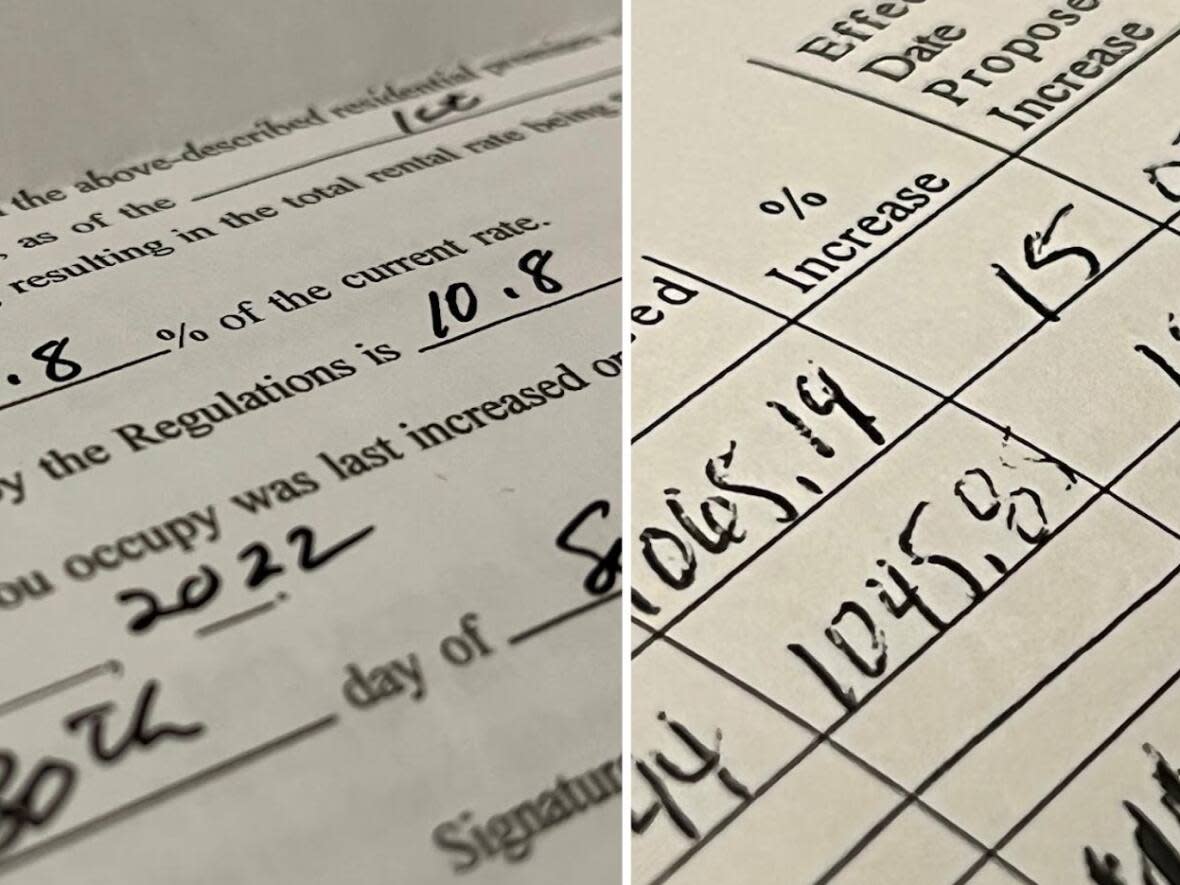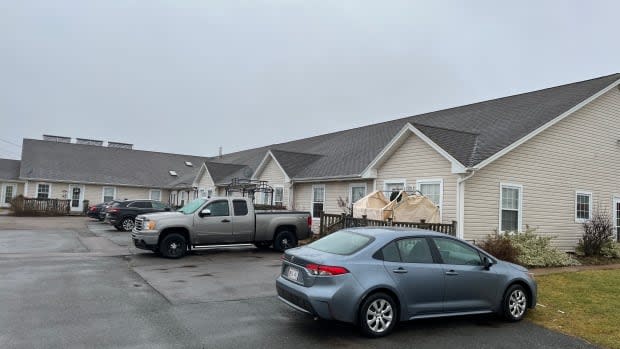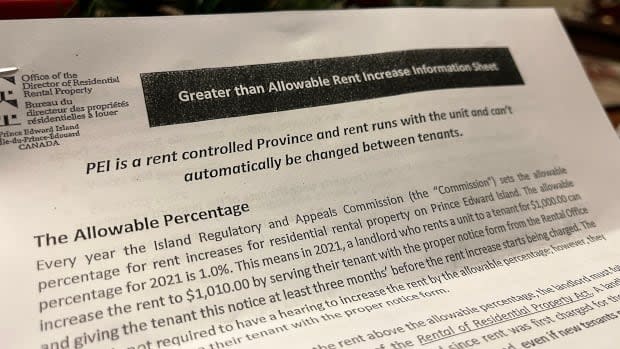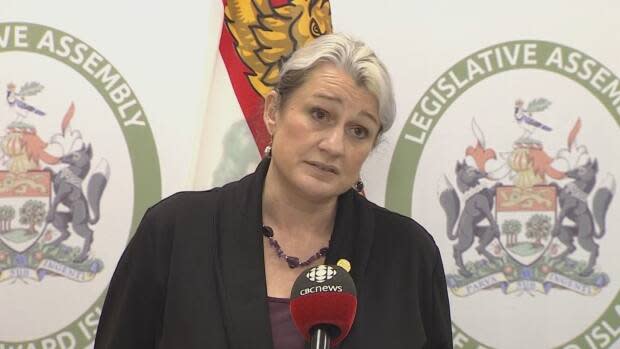P.E.I. landlords who raise rents won't qualify for property tax breaks, province says

P.E.I.'s Department of Social Development and Housing says Island landlords will have to choose between qualifying for a rebate package to offset their 2023 property taxes and raising rents for their tenants – because they can't do both.
In December, the legislature passed an amendment to the Rental of Residential Property Act to set the maximum allowable rent increase at zero per cent for 2023.
That came after the arms-length body that normally sets the cap on rent increases, the Island Regulatory and Appeals Commission, had declared the maximum increase would be 10.8 per cent for units that included oil heat, or 5.2 per cent otherwise.
But the province made no change to a section of the act that allows landlords to apply to IRAC to implement an increase beyond the stated maximum for the year.
IRAC would not provide numbers but a spokesperson made it clear to CBC News this week that lots of applications are coming in.
An email from the spokesperson said the commission's rental office "has been extremely busy providing assistance to landlords and tenants since the legislation passed and continues to operate at full capacity to process applications and schedule hearings."

Another new law that passed in December, the Residential Tenancy Act, will eventually set a cap of three per cent on these types of increases. But while that bill passed in the legislature, the law has not yet come into effect. Housing Minister Matthew MacKay said that should happen this spring.
Until then, there is no cap on how much landlords can increase rent through an application to IRAC, subject to approval by the regulator.
The factors IRAC says it considers in these cases include whether the increase would prevent the landlord from sustaining a financial loss on the property, increases in their operating costs, and the expectation they have of a "reasonable return on their capital investment."
Tax rebates worth $9.5 million, province says
On Tuesday, the province announced a package that includes one-time property tax rebates for landlords, fulfilling a promise to provide compensation for restricting rent increases for 2023.
For a property assessed at a million dollars, the rebates would lower the provincial portion of the owner's tax bill this year from $15,000 down to $11,250, a savings of $3,750.
If those rental units include oil heat, the provincial portion of the owner's tax bill would be cut in half, a savings of $7,500.
And if that owner was based in P.E.I. and qualified for the local resident tax credit, their tax bill would only come to $2,500.
Government says the total value of those tax rebates has been pegged at $9.5 million.
But the department clarified Wednesday via email that "landlords will not be eligible for the rental unit property tax subsidy if they apply to IRAC and are granted a greater than allowable increase for 2023 rental rates. If a landlord applies to IRAC for an increase but are denied, they may still be eligible to receive the subsidy."
No one with the department was available for an interview.
The province didn't specify how the restriction would be enforced.
Offer a 'broken promise' to landlords, says association
The lobby group representing residential landlords in the province has said the rebate package falls short of compensating landlords for the partial freeze in rental rates.
"The P.E.I. government's so-called plan to address the cost pressures faced by rental property owners is inadequate and a broken promise to the sector," said Parker Perry, president of the Residential Rental Association of Prince Edward Island in a media release sent Thursday.

Earlier this week the association said the pending three per cent cap on rent increases above the annual maximum won't allow landlords to keep up with rising costs.
But in the meantime, landlords are free to apply for increases far above that cap.
Rents set to go up, despite freeze
CBC spoke to six tenants of an 11-unit apartment building in Cornwall.
They said all tenants in the building received notice of a 10.8 per cent rent increase in September.
Then, after government passed the legislation to set the maximum increase for 2023 at zero per cent, they received a fresh notice that their landlord had applied to IRAC for a 15 per cent increase.
All the tenants CBC spoke with were seniors living on fixed incomes who said they couldn't afford the increase, but none were willing to speak on the record, for fear of exacerbating the ongoing dispute with their landlord.

CBC reached out to the landlord but didn't not receive a response.
On their application to IRAC, the landlord claimed they were operating the building at a financial loss.
Opposition housing critic Hannah Bell said in her district some residents have been served with notices their landlords are pursuing rent increases of 40 per cent or more.
She said landlords are taking advantage of a "gap" in regulations before the new cap comes in, and that government chose to leave that gap in place when the Greens brought the issue forward during debate in the fall sitting.
"You can't stand up and do a press conference and talk about how, you know, you're stepping up for tenants and you're going to make sure everybody's, you know, safe and secure and then leave this big space that says 'except for those who are still going to get a rent increase'" said Bell, referring to a commitment from Housing Minister Matthew MacKay to shield Islanders from rent increases in 2023.
"I don't know about you, but most of the people I know can't afford a 15 per cent rent increase and they definitely can't afford a 40 per cent rent increase."


